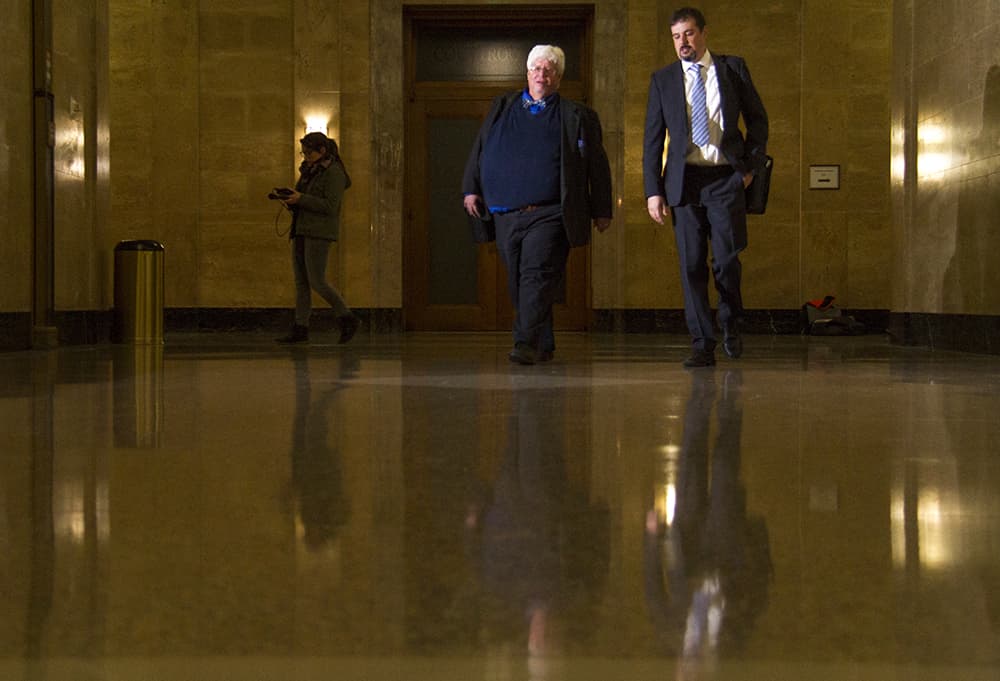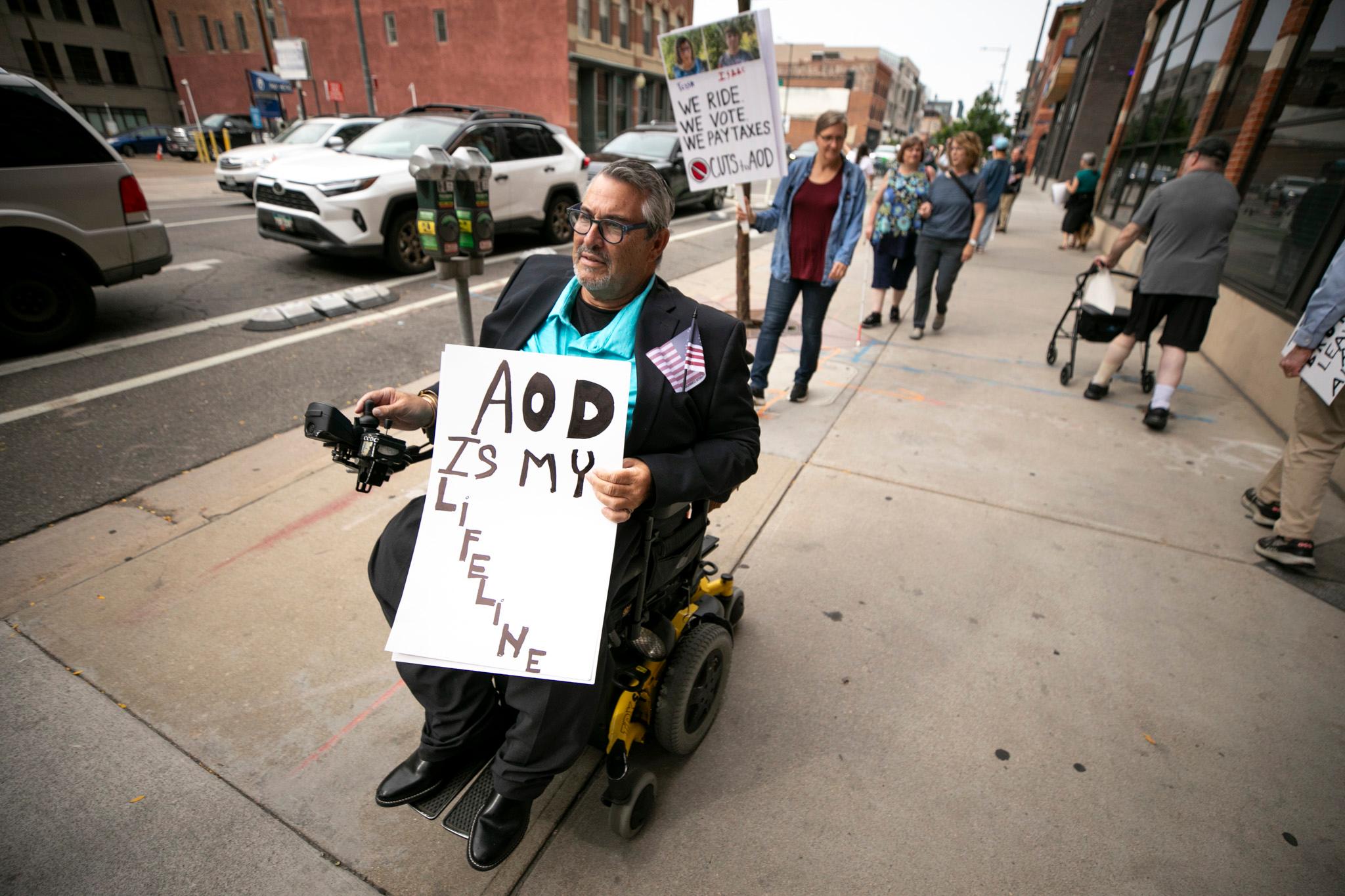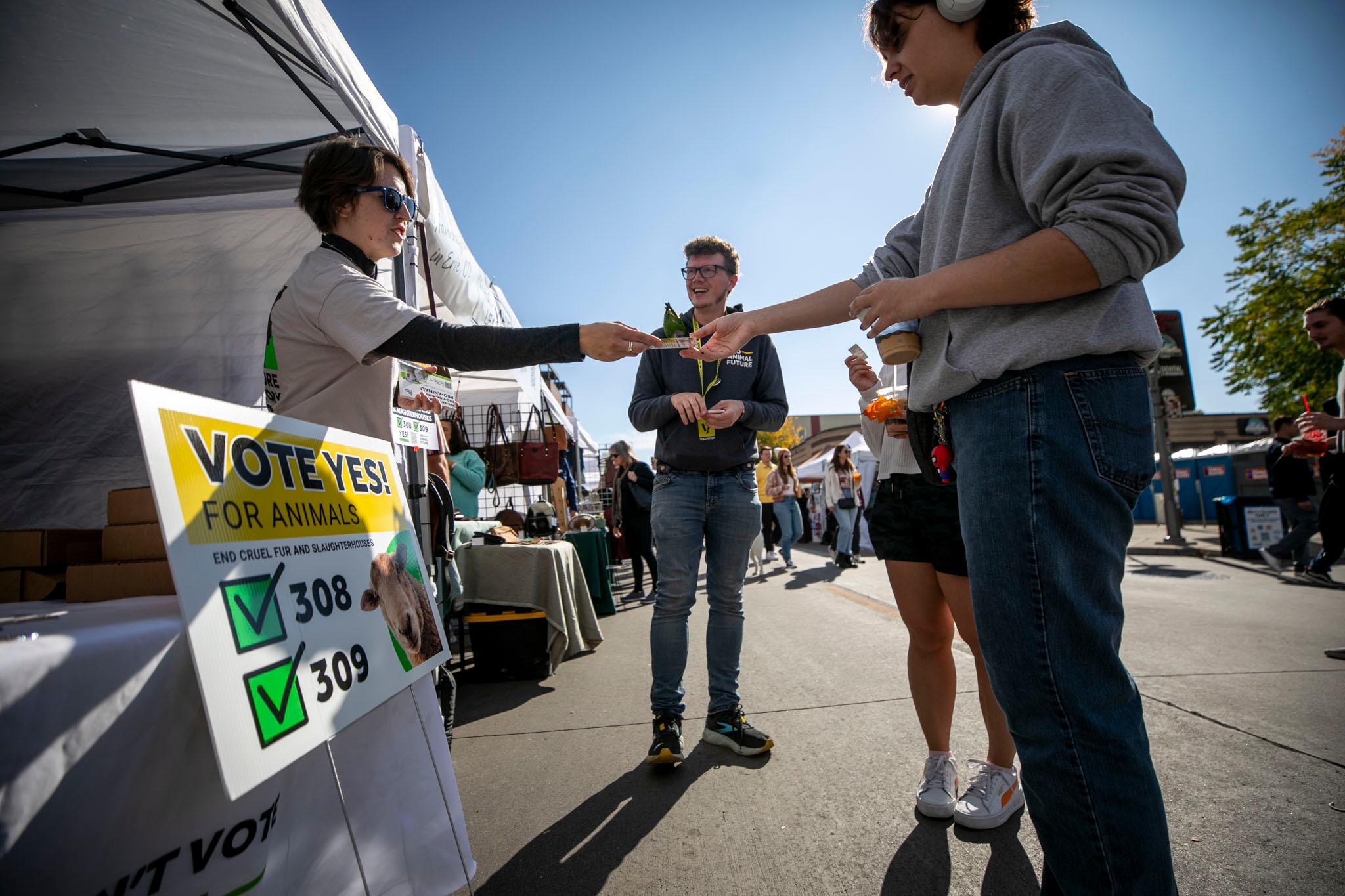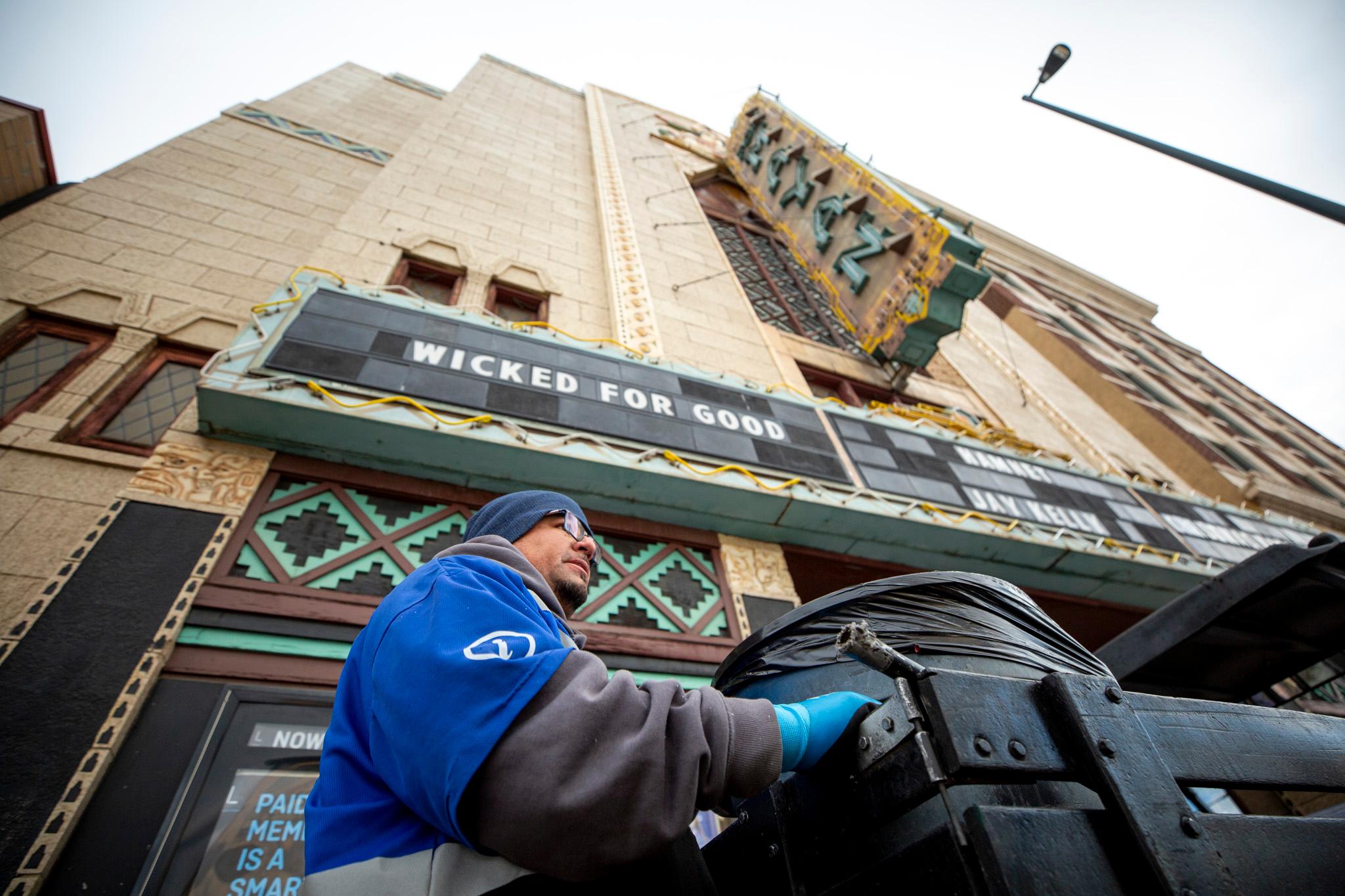Update: It appears this case just went one full rotation, ending back where it started.
In an emergency hearing, Denver District Court Judge Elizabeth Starrs said that Secretary of State Wayne Williams should have gone through a rule-making process if he wanted to change the electors' oath, which he did not do.
That would mean Colorado's Democratic electors would swear to "faithfully perform their duties," rather than swearing explicitly to vote for the person who got the most votes.
However, in response to additional questions from attorneys from the Attorney General's Office, Starrs said that if an emergency rule-making procedure is available to Williams, he can go through that process in the next 45 minutes.
And that is what Williams said he intends to do.
Whether this rule-making process and the change in the oath was appropriate could become an issue for further argument if the electors don't vote for Clinton and are charged with perjury.
Attorney Jesse Witt said he does not know what his clients will do.
It's not over until it's over.
Two Colorado Democratic electors have filed an emergency motion in Denver District Court that seeks to prevent Secretary of State Wayne Williams from tying their hands with a new version of the oath of office administered to electors.
The traditional oath for electors and for public officers in general goes something like this:
I, __________ do solemnly swear by the everliving God, that I will support the Constitution of the United States and of the State of Colorado, and faithfully perform the duties of the office of __________________ upon which I am about to enter.
Williams revised the oath for electors to make it explicit that they would be swearing to vote for the person who received the most votes in the most recent general election. State law already says electors have to vote for that person, but Williams wanted to make it crystal clear that a vote for someone other than Hillary Clinton was a violation of the oath of office.
He has threatened to pursue perjury charges against any electors who take the oath and then vote otherwise, in addition to removing them as electors and seeking replacements who will vote the "right" way.
This is the latest legal twist in a circuitous path to the electoral college vote, which is scheduled to take place at noon in the governor's office today.
That gives just a few short hours for the court to act -- or not.
The 10th Circuit Court of Appeals declined to issue an injunction Friday that would have blocked enforcement of state law, but the judges suggested Williams' remedy -- removing electors after the voting has started -- might be unconstitutional.
This is all part of a larger plan in which Democratic electors will vote for a compromise candidate that Republican electors could also support, in hopes that 37 Republican electors will defect and deny Donald Trump the 270 votes he needs to become president. If that were to happen, the election would go to the U.S. House of Representatives.
If there is any Republican appetite for this maneuver, it will reveal itself in the next several hours as electors meet in their respective state capitols to cast their votes.
We'll update this developing story.













